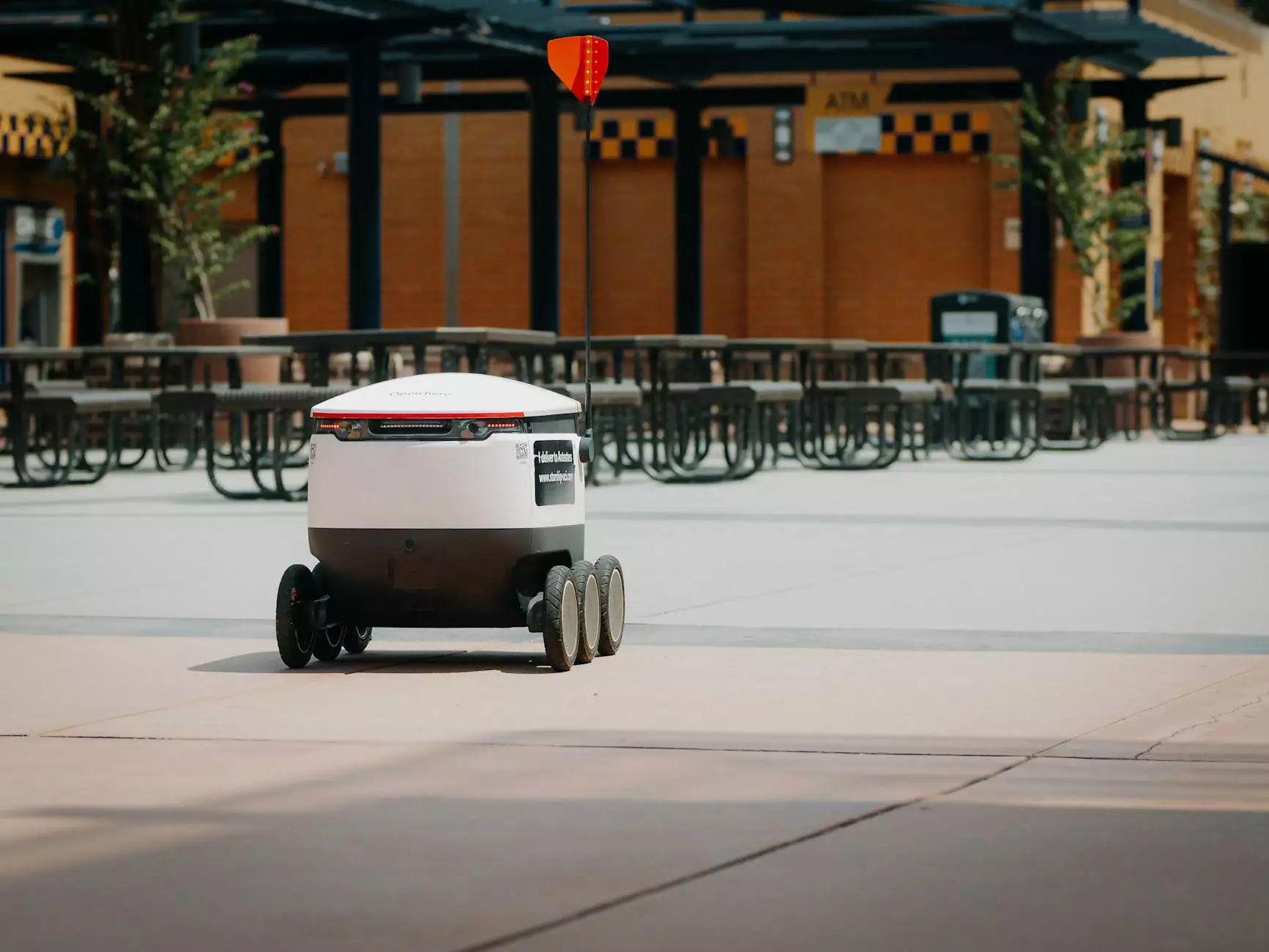Transforming Education with AI: Harnessing the Power of AI That Writes Texts

In a world where technology is making rapid advancements, artificial intelligence (AI) is at the forefront of revolutionizing numerous industries, and education is no exception. The emergence of AI that writes texts has reshaped educational methodologies, making learning more accessible and engaging for students of all ages. This article delves into the profound impact of AI in the fields of education, educational services, and special education, illustrating how these innovations are paving the way for a brighter future.
Understanding AI in Education
AI refers to computer systems designed to perform tasks that typically require human intelligence. In the realm of education, AI technologies are being employed to enhance learning experiences and streamline educational processes. The ability of AI to generate written content has opened up a new arena for educators and students alike.
The Role of AI That Writes Texts
AI that writes texts can assist in various educational contexts, including:
- Content Generation: AI tools create quizzes, summaries, and personalized learning materials rapidly.
- Feedback and Assessment: AI can analyze students' writing and provide immediate feedback, allowing for real-time improvement.
- Assistive Learning: AI adapts learning content according to individual student needs, making education more inclusive.
The Benefits of AI-Enhanced Education
The integration of AI that writes texts in education brings numerous advantages, including:
1. Personalized Learning
With AI, educational content can be tailored to fit the unique learning styles and paces of individual students. This personalization fosters a deeper understanding of subjects and encourages students to take ownership of their learning journey.
2. Increased Engagement
AI-driven technologies can create interactive and immersive learning experiences. For instance, gamified learning environments powered by intelligent text generation hold students' attention and enhance their motivation to learn.
3. Accessibility for All
Students with special needs benefit greatly from AI advancements. Tools like text-to-speech and speech-to-text enable these students to participate fully in educational activities. AI can generate custom content that caters specifically to their requirements, facilitating equitable education.
4. Time Efficiency
Educators frequently grapple with time constraints, balancing lesson planning, grading, and administrative tasks. AI that writes texts significantly reduces their workload by automating content generation and providing instant feedback to students.
AI in Special Education
The impact of AI is even more pronounced in special education, where tailored approaches are crucial for effective learning. AI tools are designed to cater to the diverse and often complex needs of students requiring special assistance.
Customized Learning Environments
AI can create customized learning plans that accommodate various disabilities. For example, students with dyslexia can benefit from AI-generated texts that are phonetically simplified, improving comprehension.
Behavioral Insights
AI systems can analyze student interactions and assess behavioral patterns, allowing educators to better understand their students' needs and adapt teaching methods accordingly. This analysis contributes to creating a supportive and effective learning environment.
Communication Aids
For students with speech impairments, AI can facilitate communication through intuitive text generation, helping them express their thoughts and ideas effectively.
Challenges and Considerations
Despite the immense potential of AI in education, there are challenges and ethical considerations to address, including:
- Data Privacy: Safeguarding student data is paramount, and educational institutions must ensure compliance with regulations like GDPR.
- Equity of Access: Not all students have equal access to technology, leading to disparities in learning opportunities.
- Reliance on Technology: As reliance on AI increases, it is essential to balance its usage with traditional educational methods to foster critical thinking and problem-solving skills.
The Future of AI in Education
Looking ahead, the potential for AI that writes texts in education is boundless. As technology advances, we can expect comprehensive integration of AI systems into educational settings, fostering improved pedagogies and enhanced learning experiences. Collaborations between technology developers and educators will drive the growth of innovative solutions that address the needs of a diverse student population.
A Glimpse into AI-Enhanced Classrooms
Imagine a classroom where:
- Teachers have real-time analytics on student performance generated by AI systems.
- Lessons are dynamically adjusted based on student understanding, with AI-generated materials available instantly.
- Students engage in collaborative tasks with AI acting as a facilitator, providing resources and support tailored to their learning needs.
Conclusion
The advent of AI that writes texts marks a significant milestone in the evolution of education. By integrating this powerful technology into educational frameworks, we are not only enhancing teaching and learning experiences but are also making strides toward more inclusive and equitable education for all students. As we embrace these innovations, it is vital to navigate the challenges responsibly, ensuring that the future of education is brighter, more accessible, and ultimately more successful for everyone involved.
Call to Action
As educators, students, and stakeholders in education, we must advocate for the responsible development and implementation of AI that writes texts. Join us in embracing this transformative technology and be part of the future of education!



